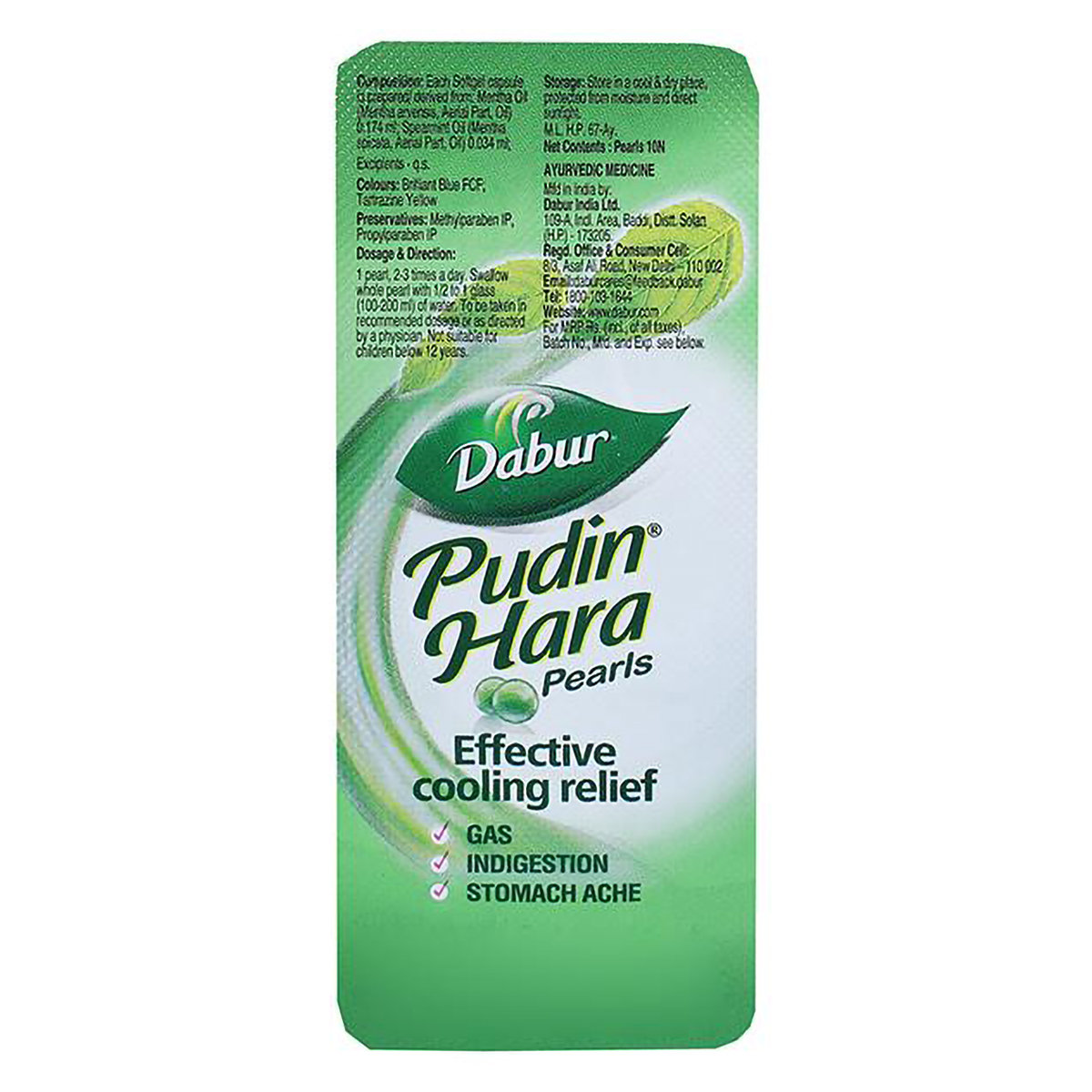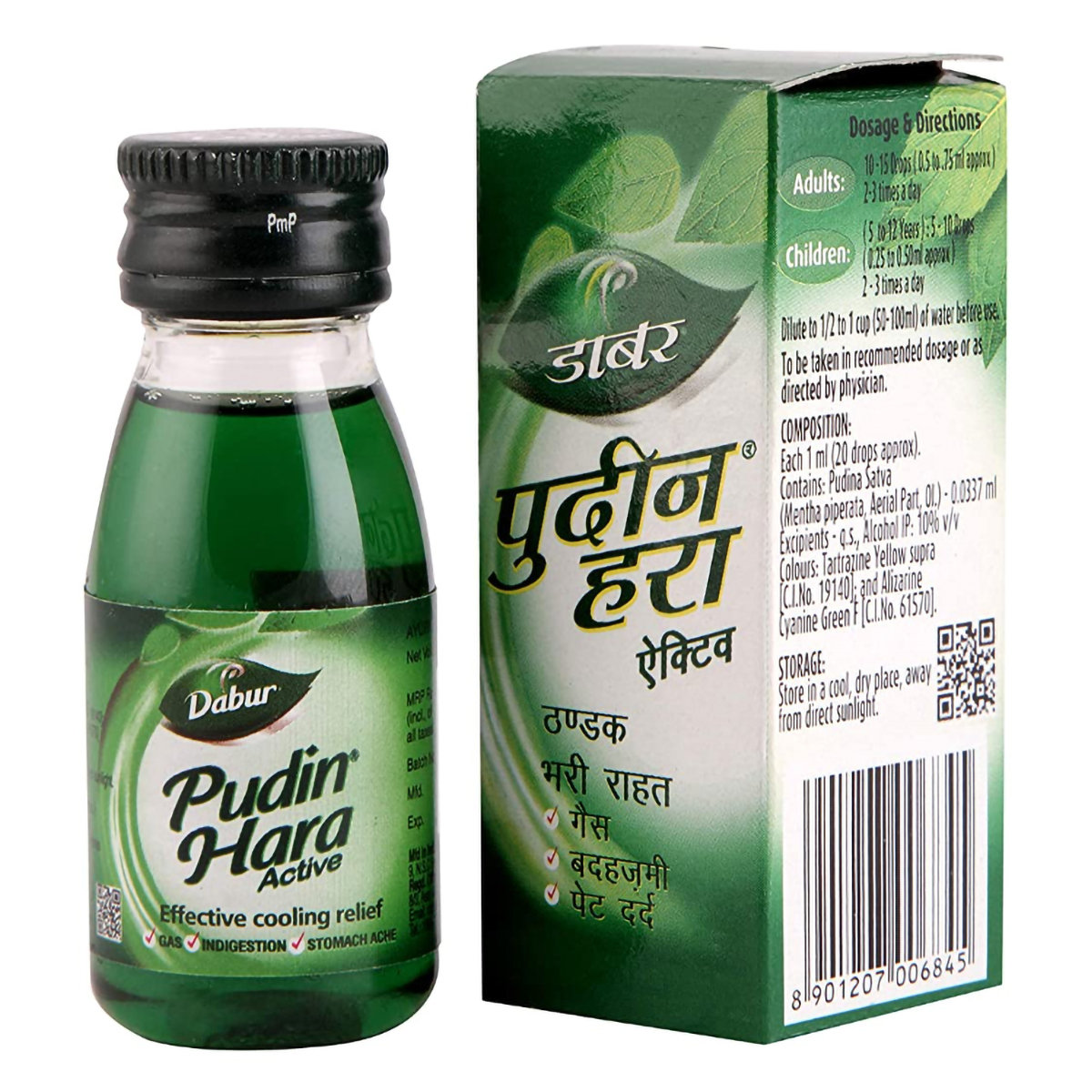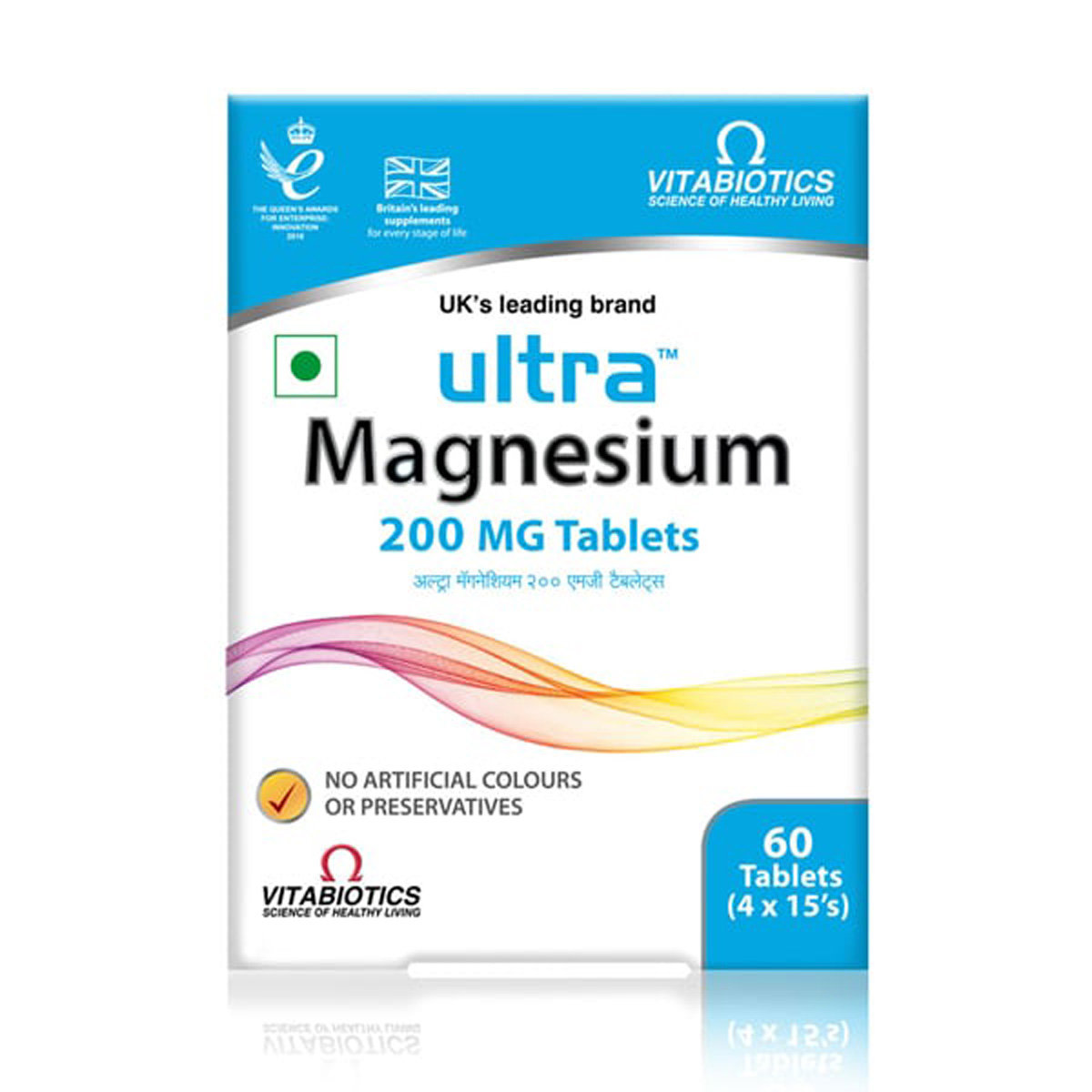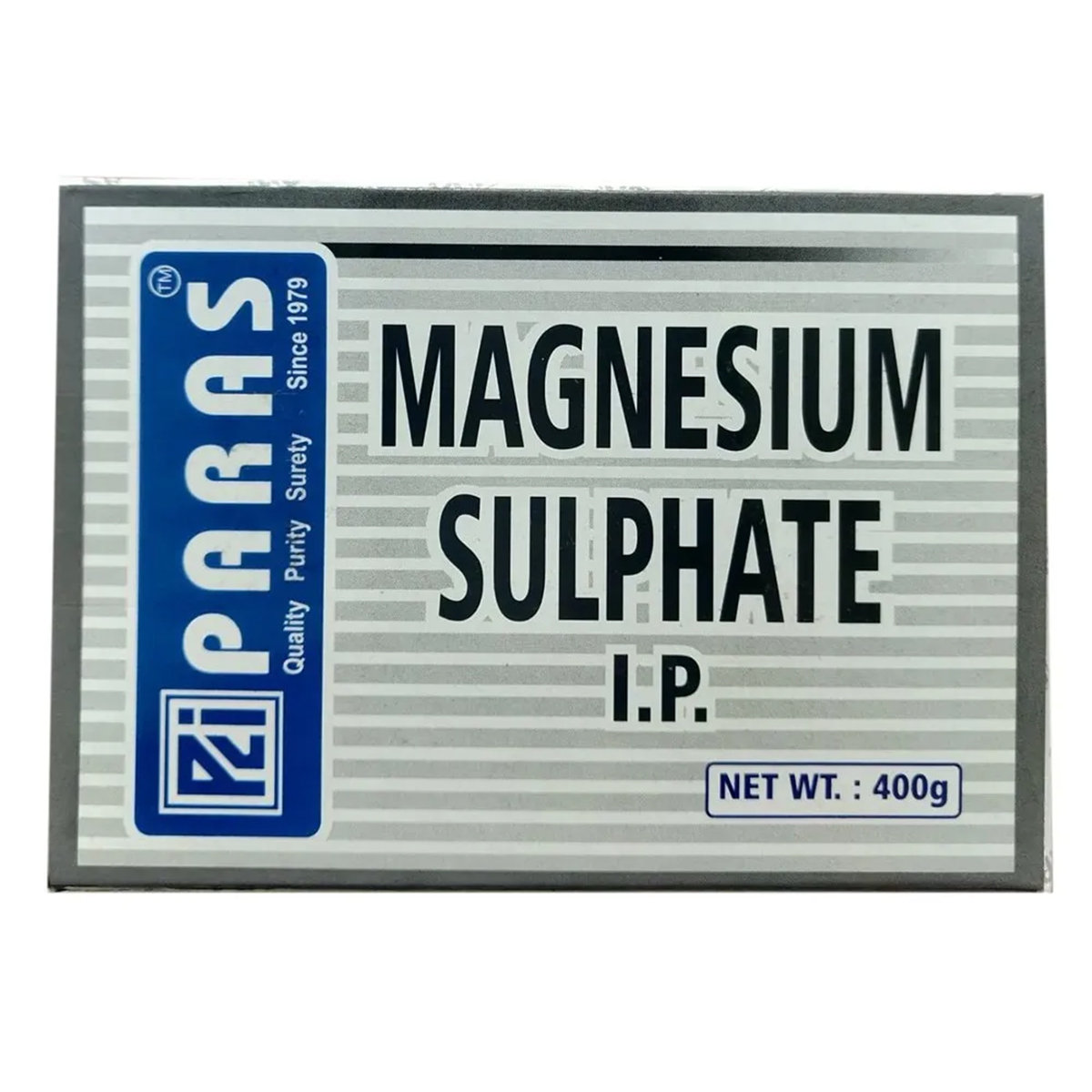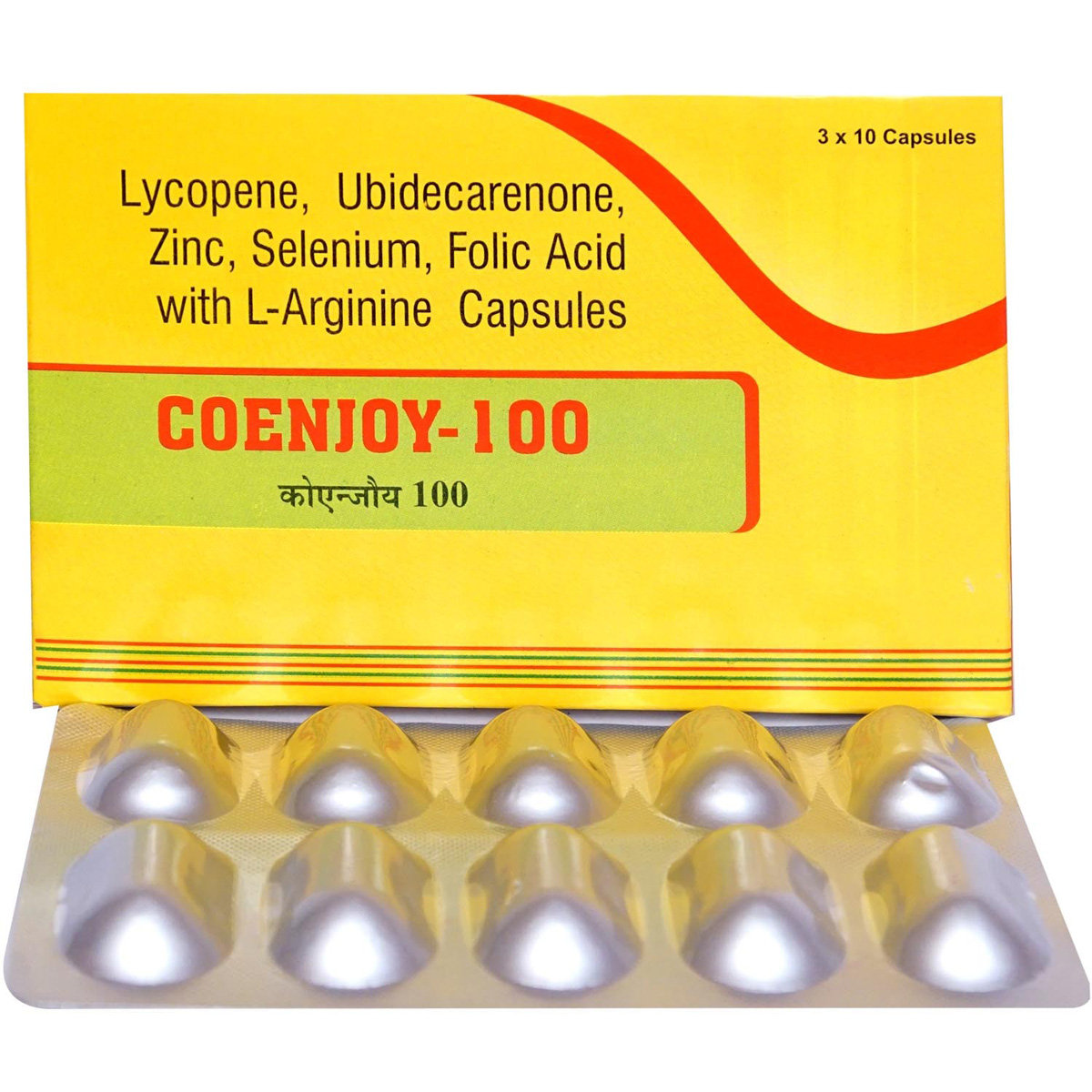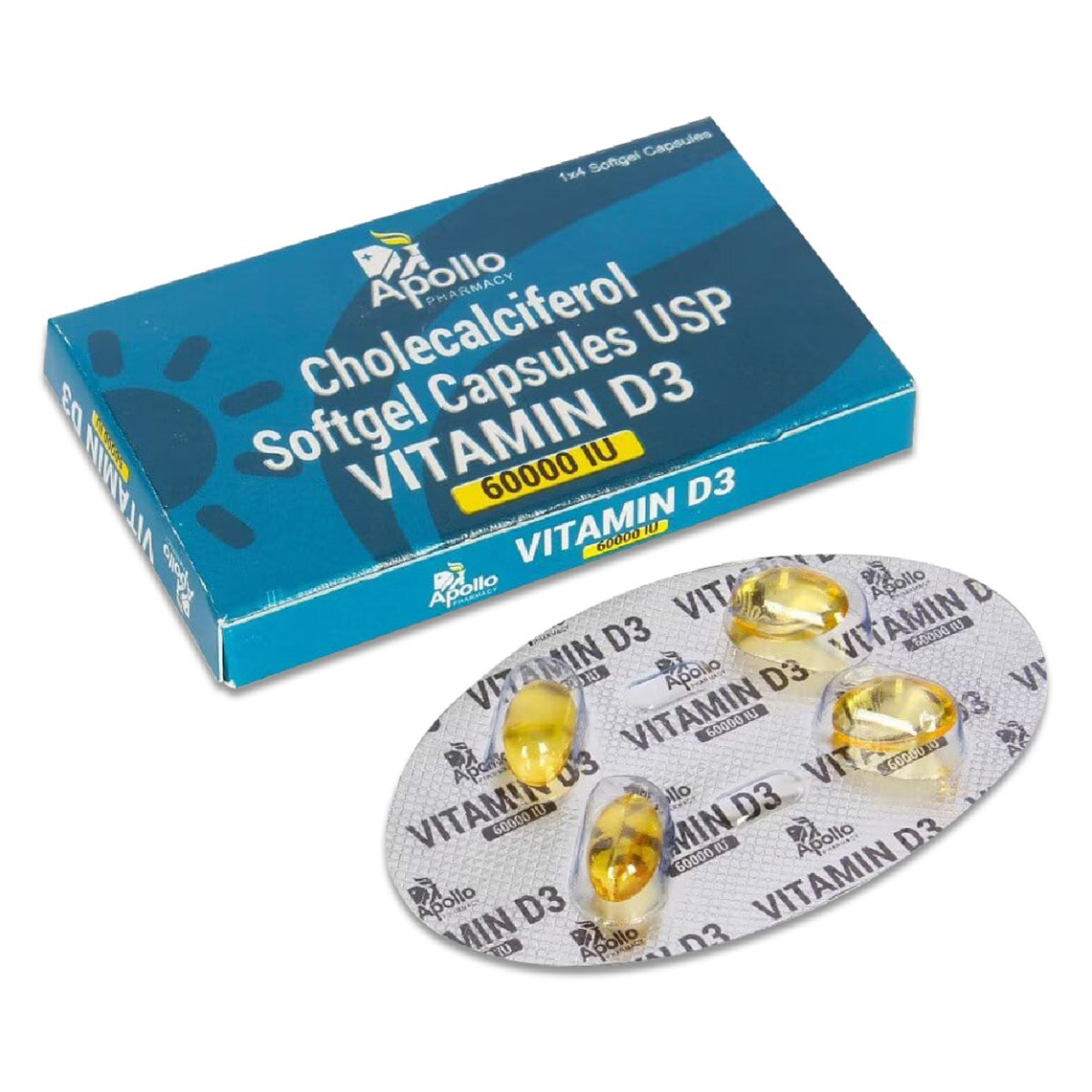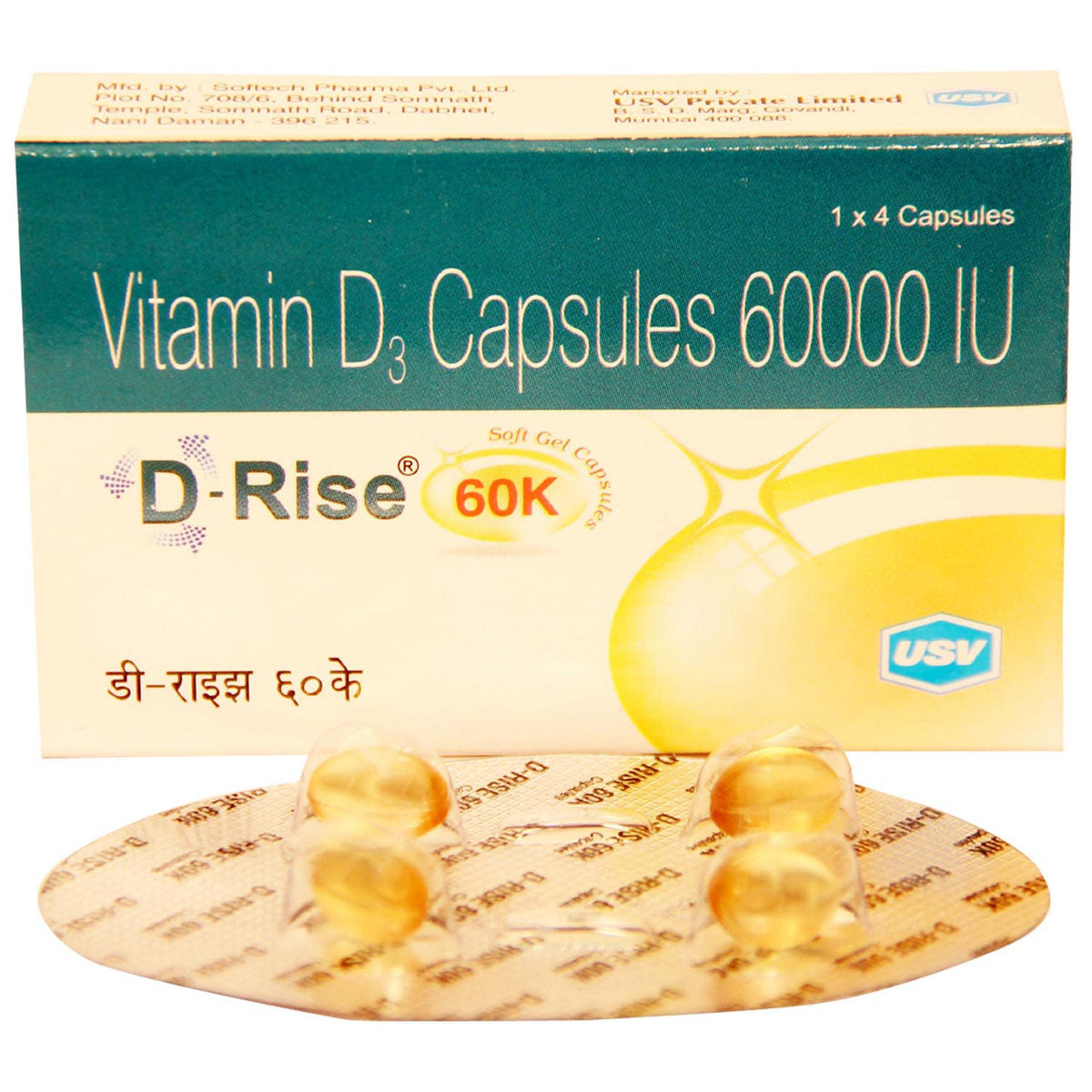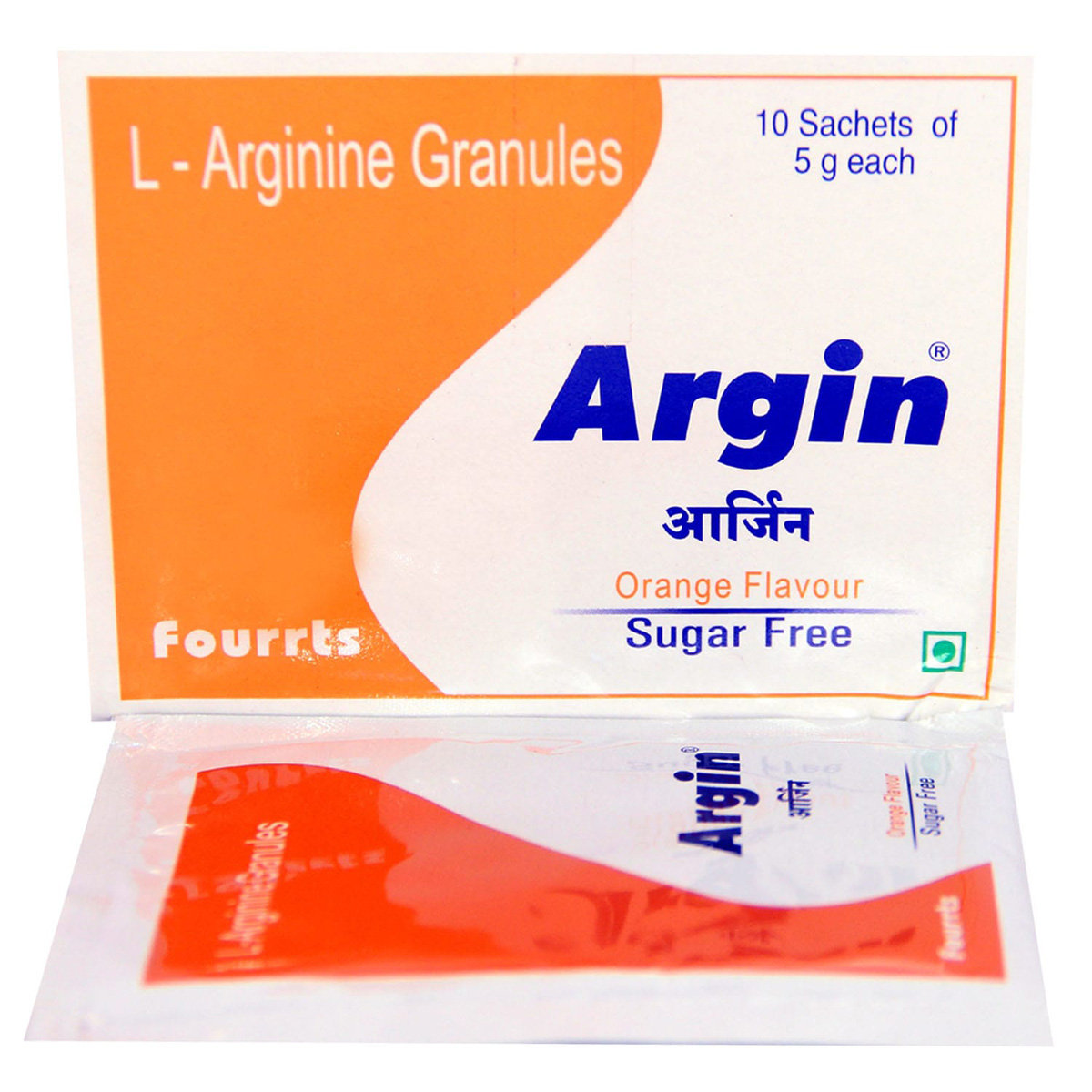Labebet Injection 2 ml

MRP ₹104.5
(Inclusive of all Taxes)
₹10.4 Cashback (10%)
know your delivery time
Provide Delivery Location
Composition :
Manufacturer/Marketer :
Consume Type :
Expires on or after :
Return Policy :

Secure Payment

Trusted by 8 Crore Indians

Genuine Products
Therapeutic Class
Country of origin
Manufacturer/Marketer address
Author Details
We provide you with authentic, trustworthy and relevant information
Disclaimer
Alcohol
Safe if prescribed
It is unknown if alcohol affects the results of Labebet Injection 2 ml. Please consult your doctor.
Pregnancy
Consult your doctor
Labebet Injection 2 ml belongs to pregnancy category C. Your doctor may prescribe Labebet Injection 2 ml in case of high blood pressure during pregnancy when rapid control of blood pressure is necessary.
Breast Feeding
Consult your doctor
Small amounts of Labebet Injection 2 ml may pass into breastmilk. Please inform your doctor if you are breastfeeding. Your doctor will weigh the benefits and risks before prescribing this medicine.
Driving
Safe if prescribed
Labebet Injection 2 ml may cause dizziness. Hence, do not drive vehicles or operate machines if you fell dizzy after taking Labebet Injection 2 ml.
Liver
Consult your doctor
Please inform your doctor if you have liver problems before receiving Labebet Injection 2 ml. Your doctor may adjust the dose or prescribe a suitable alternative based on your condition.
Kidney
Consult your doctor
Please inform your doctor if you have kidney problems before receiving Labebet Injection 2 ml. Your doctor may adjust the dose or prescribe a suitable alternative based on your condition.
Children
Safe if prescribed
Labebet Injection 2 ml is not recommended for children and adolescents below 18 years.
Product Substitutes
About Labebet Injection 2 ml
Labebet Injection 2 ml belongs to the group of anti-hypertensive medicines called beta-blocking agents used to treat severe hypertension (high blood pressure). Additionally, Labebet Injection 2 ml is used to control high blood pressure in pregnancy and during anaesthesia.
Labebet Injection 2 ml contains ‘labetalol’ that works by blocking the receptors in the cardiovascular (circulatory) system, this helps in decreasing the blood pressure in the blood vessels. Thus, it helps lower the blood pressure to normal.
In some cases, Labebet Injection 2 ml may cause common side effects such as postural hypotension, dizziness, fatigue, and headache. Most of these side effects do not require medical attention and will resolve gradually over time. However, you are advised to talk to your doctor if the side effects persist or worsen.
Consult your doctor if you are pregnant or breastfeeding. Labebet Injection 2 ml is not recommended for children below 18 years as efficacy and safety have not been established. Inform your doctor about all the medicines you are taking and your health condition to rule out any unpleasant side effects/interactions.
Uses of Labebet Injection 2 ml
Medicinal Benefits Mweb
Key Benefits
Labebet Injection 2 ml belongs to the group of anti-hypertensive medicines called alpha and beta-blocking agents used to treat severe hypertension (high blood pressure). Additionally, Labebet Injection 2 ml is used to treat severe hypertension of pregnancy (high blood pressure in pregnancy) and to control blood pressure during anaesthesia. Labebet Injection 2 ml contains ‘labetalol’ that works by blocking the receptors in the cardiovascular (circulatory) system, this helps in decreasing the blood pressure in the blood vessels. Thereby, helping in lowering the blood pressure to normal.
Directions for Use
Side Effects of Labebet Injection 2 ml
- Postural hypotension
- Dizziness
- Fatigue
- Headache
Drug Warnings
Do not take Labebet Injection 2 ml if you are allergic to any of its contents; if you have heart diseases like heart block or sick sinus syndrome (unless you have a pacemaker), heart failure or cardiogenic shock, ongoing low blood pressure, extremely slow heart rate, Prinzmetal angina, asthma or obstructive airway disease, or phaeochromocytoma (tumour of the adrenal gland). Inform your doctor if you have peripheral vascular disease (Raynaud's syndrome or intermittent claudication), diabetes, overactive thyroid, metabolic acidosis, respiratory system problems, heart, kidney or liver problems. Labebet Injection 2 ml should not be given to children and adolescents below 18 years. Consult your doctor if you are pregnant or breastfeeding.
Drug-Drug Interactions
Drug-Drug Interactions
Login/Sign Up
Taking Labebet Injection 2 ml with Bitolterol may reduce the action of both the medications. Labebet Injection 2 ml can sometimes cause narrowing of the airways, which may worsen your breathing problems or trigger severe asthmatic attacks.
How to manage the interaction:
There may be a possibility of interaction between Labebet Injection 2 ml and Bitolterol, but it can be taken if prescribed by a doctor. However, If you notice any symptoms like asthma, breathing problems, consult the doctor right away. Do not stop using any medications without talking to a doctor.
Co-administration of Labebet Injection 2 ml and Verapamil can increase the risk of side effects.
How to manage the interaction:
Although taking Labebet Injection 2 ml and Verapamil together can result in an interaction, it can be taken if a doctor has prescribed it. However, if you experience fatigue, swelling of the extremities, shortness of breath, chest pain, increased or decreased heartbeat, consult a doctor. Do not discontinue any medications without a doctor's advice.
Co-administration of Leflunomide may cause liver issues, and using it with Labebet Injection 2 ml which might potentially have a side effect on the liver may increase the risk.
How to manage the interaction:
Although taking Labebet Injection 2 ml and Leflunomide together can result in an interaction, it can be taken if a doctor has prescribed it. However, if you have any of the following symptoms: fever, chills, joint pain or swelling, unusual bleeding or bruising, skin rash, itching, fatigue, loss of appetite, stomachaches, nausea, vomiting, dark urine, light stools, yellowing of the skin or eyes, consult a doctor. Do not discontinue any medications without a doctor's advice.
Co-administration of Labebet Injection 2 ml and formoterol together could decrease the effects of both medications.
How to manage the interaction:
Although taking Labebet Injection 2 ml and Formoterol together can result in an interaction, it can be taken if a doctor has prescribed it. However, if you experience any unusual symptoms contact a doctor immediately. Do not stop using any medications without talking to a doctor.
When Labebet Injection 2 ml is used with Disopyramide, Disopyramide's levels can be enhanced, which may lead to side effects.
How to manage the interaction:
Although taking Labebet Injection 2 ml and disopyramide together can result in an interaction, it can be taken if a doctor has prescribed it. However, if you feel dizziness, fainting, or irregular heartbeats, consult a doctor. Do not discontinue any medications without a doctor's advice.
Co-administration of Labebet Injection 2 ml and Salmeterol together can decrease the medical benefits of both medications.
How to manage the interaction:
Although taking Labebet Injection 2 ml and Salmeterol together can result in an interaction, it can be taken if a doctor has prescribed it. Do not forget to inform the doctor if you have severe chronic obstructive pulmonary disease (COPD) or a history of asthma, as Labebet Injection 2 ml is often not advised in these conditions. Do not discontinue any medications without a doctor's advice.
Taking Propranolol with Labebet Injection 2 ml can potentially enhance the effects of orthostatic hypotension (low blood pressure that happens when standing after sitting or lying down).
How to manage the interaction:
Although taking Propranolol together with Labebet Injection 2 ml can result in an interaction, they can be taken together if prescribed by a doctor. However, consult a doctor if you experience lightheadedness or dizziness upon standing, blurred vision, weakness, fainting, or confusion. Do not discontinue any medicine without consulting a doctor.
When Levosalbutamol is used in combination with Labebet Injection 2 ml, the therapeutic effectiveness of Levosalbutamol can be decreased which may lead to low treatment outcomes.
How to manage the interaction:
Taking Levosalbutamol with Labebet Injection 2 ml may lead to an interaction, but can be taken if prescribed by the doctor. However, if you experience any unusual symptoms, consult the doctor. Do not discontinue any medications without consulting a doctor.
Co-administration of Clonidine and Labebet Injection 2 ml may increase the risk of side effects like lower blood pressure and slower heart rate.
How to manage the interaction:
Although there is a possible interaction between Clonidine and Labebet Injection 2 ml, you can take these medicines together if prescribed by a doctor. However, if you experience headaches, slow heartbeat, dizziness, contact a doctor. Do not discontinue the medication without consulting a doctor.
Taking Labebet Injection 2 ml along with Epinephrine can reduce the effects of Epinephrine.
How to manage the interaction:
Taking Labebet Injection 2 ml and Epinephrine together can result in an interaction, it can be taken if a doctor has advised it. However, if you experience sudden dizziness, shortness of breath, chest pain or tightness, rapid heartbeat, or memory loss, contact a doctor immediately. Do not discontinue any medications without consulting a doctor.
Drug-Food Interactions
Drug-Food Interactions
Login/Sign Up
Drug-Diseases Interactions
Drug-Diseases Interactions
Login/Sign Up
Drug-Drug Interactions Checker List
- SULINDAC
- INDOMETHACIN
- VERAPAMIL
- CLONIDINE
- DIGOXIN
- AMIODARONE
- DISOPYRAMIDE
- QUINIDINE
- IMIPRAMINE
- METFORMIN
- GLIMEPIRIDE
- ACARBOSE
- REPAGLINIDE
- ERGOTAMINE
- DIHYDROERGOTAMINE
- DONEPEZIL
- GALANTAMINE
- RIVASTIGMINE
- CHLORPROMAZINE
Habit Forming
Special Advise
- Labebet Injection 2 ml might interfere with laboratory test results and possibly cause false results such as raised liver function tests. Inform the person doing the tests that you are taking Labebet Injection 2 ml.
- Inform your surgeon ahead of time that you are on treatment with Labebet Injection 2 ml if you are due to have any surgery that requires general anaesthesia or cataract surgery.
Diet & Lifestyle Advise
- You are advised to consume low salt and low fat diet.
- Regular exercise is also recommended.
- Eat a diet rich in whole grains, vegetables and fruits.
- Avoid smoking and alcohol consumption.
- Maintain a healthy weight with proper diet and exercise.
- Manage stress with meditation, yoga, and massage.
All Substitutes & Brand Comparisons
RX
Labetroy Injection 4 ml
Troikaa Pharmaceuticals Ltd
₹209.5
(₹47.15/ 1ml)
RX
Out of StockLabeta 100Mg/20Ml Inj
AAA Pharma Trade Pvt Ltd
₹1067.5
(₹48.04/ 1ml)
2% COSTLIERRX
Out of StockLabeta 5Mg Inj 4Ml
Samarth Life Sciences Pvt Ltd
₹213.5
(₹48.05/ 1ml)
2% COSTLIER
Buy best Cardiology products by
Torrent Pharmaceuticals Ltd
Sun Pharmaceutical Industries Ltd
Lupin Ltd
Intas Pharmaceuticals Ltd
Cipla Ltd
Micro Labs Ltd
Macleods Pharmaceuticals Ltd
Abbott India Ltd
Ajanta Pharma Ltd
Ipca Laboratories Ltd
Eris Life Sciences Ltd
Mankind Pharma Pvt Ltd
Lloyd Healthcare Pvt Ltd
Dr Reddy's Laboratories Ltd
Glenmark Pharmaceuticals Ltd
Emcure Pharmaceuticals Ltd
Alembic Pharmaceuticals Ltd
Alkem Laboratories Ltd
East West Pharma India Pvt Ltd
USV Pvt Ltd
Zydus Healthcare Ltd
Aristo Pharmaceuticals Pvt Ltd
Elbrit Life Sciences Pvt Ltd
J B Chemicals & Pharmaceuticals Ltd
Zydus Cadila
Akumentis Healthcare Ltd
Alteus Biogenics Pvt Ltd
Hbc Life Sciences Pvt Ltd
Fusion Health Care Pvt Ltd
Troikaa Pharmaceuticals Ltd
La Renon Healthcare Pvt Ltd
Corona Remedies Pvt Ltd
Jubilant Lifesciences Ltd
Medley Pharmaceuticals Ltd
Knoll Healthcare Pvt Ltd
Msn Laboratories Pvt Ltd
Zuventus Healthcare Ltd
Cadila Pharmaceuticals Ltd
Blue Cross Laboratories Pvt Ltd
Lividus Pharmaceuticals Pvt Ltd
Morepen Laboratories Ltd
Ranmarc Labs
Shrrishti Health Care Products Pvt Ltd
Sanofi India Ltd
Steris Healthcare
Elder Pharmaceuticals Ltd
Primus Remedies Pvt Ltd
Unison Pharmaceuticals Pvt Ltd
Eswar Therapeutics Pvt Ltd
Knoll Pharmaceuticals Ltd
Tas Med India Pvt Ltd
Systopic Laboratories Pvt Ltd
Indiabulls Pharmaceuticals Pvt Ltd
Leeford Healthcare Ltd
Sinsan Pharmaceuticals Pvt Ltd
Biochem Pharmaceutical Industries Ltd
Cadila Healthcare Ltd
Azkka Pharmaceuticals Pvt Ltd
Nirvana India Pvt Ltd
Orsim Pharma
Prevego Healthcare & Research Pvt Ltd
Econ Healthcare
Elinor Pharmaceuticals (P) Ltd
FDC Ltd
Sunij Pharma Pvt Ltd
Nicholas Piramal India Ltd
Astra Zeneca Pharma India Ltd
Pfizer Ltd
Lia Life Sciences Pvt Ltd
Shine Pharmaceuticals Ltd
Elicad Pharmaceuticals Pvt Ltd
Indoco Remedies Ltd
Proqol Health Care Pvt Ltd
Vasu Organics Pvt Ltd
Biocon Ltd
Opsis Care Lifesciences Pvt Ltd
Johnlee Pharmaceuticals Pvt Ltd
Merck Ltd
Wockhardt Ltd
Auspharma Pvt Ltd
Ergos Life Sciences Pvt Ltd
Lakshya Life Sciences Pvt Ltd
Ordain Health Care Global Pvt Ltd
Pficus De Med Pvt Ltd
ALICAN PHARMACEUTICAL PVT LTD
RPG Life Sciences Ltd
Glynis Pharmaceuticals Pvt Ltd
Orris Pharmaceuticals
Samarth Life Sciences Pvt Ltd
Aprica Pharmaceuticals Pvt Ltd
Aretaeus Pharmaceuticals Pvt Ltd
Koye Pharmaceuticals Pvt Ltd
Neocardiab Care
Retra Life Science Pvt Ltd
Alniche Life Sciences Pvt Ltd
Alvio Pharmaceuticals Pvt Ltd
Arkas Pharma Pvt Ltd
Atos Lifesciences Pvt Ltd
Divine Savior Pvt Ltd
Metalis Lifesciences Pvt Ltd
Frequently Bought Together

_0.jpg?tr=q-85)






